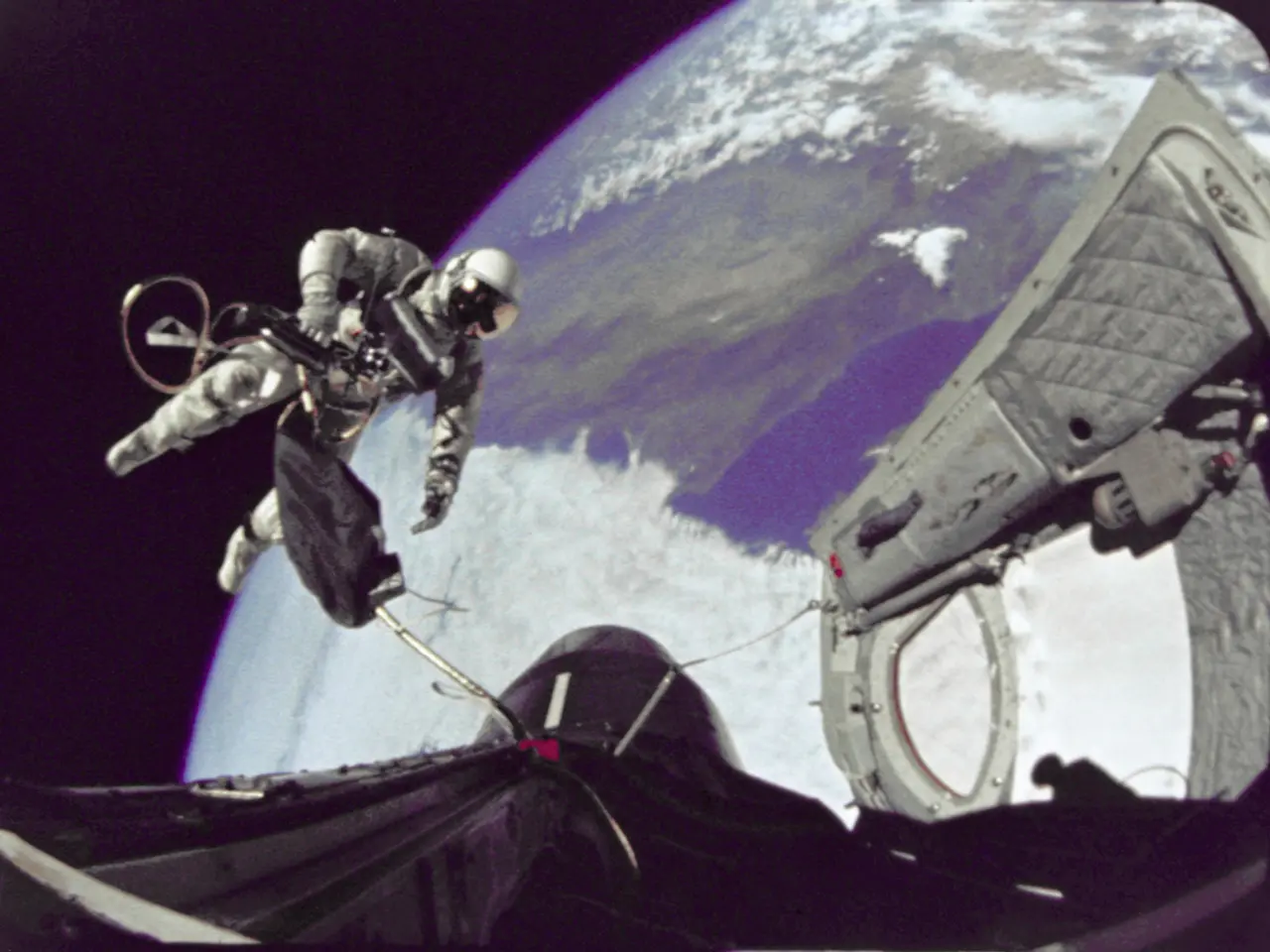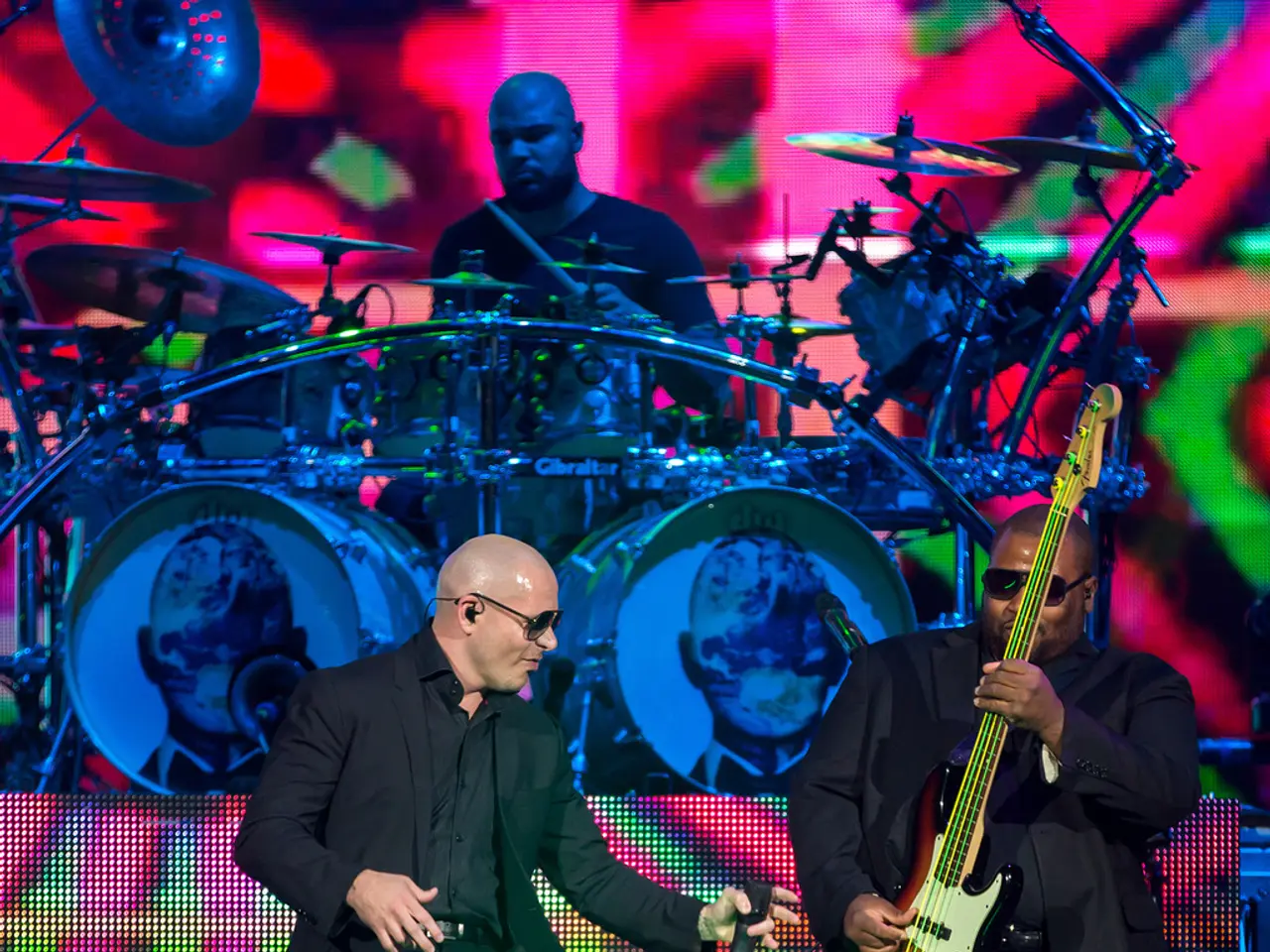Astronaut James Lovell, who famously led the Apollo 13 mission, has passed away.
Jim Lovell: A Pioneering Astronaut and Icon of Space Exploration
Jim Lovell, a name synonymous with space exploration, embarked on a remarkable career as an astronaut that spanned four historic missions. Known for his optimism, wit, and leadership, Lovell played a pivotal role in advancing human spaceflight during its early and most challenging years.
Apollo 8 (1968): Lovell was part of the historic first crew to orbit the Moon. Alongside Frank Borman and William Anders, Apollo 8 was the first mission to launch on a Saturn V rocket and successfully orbit the lunar surface. This achievement proved that a lunar landing was within reach and was a major milestone in the space race. Apollo 8’s mission demonstrated the capabilities of NASA's new hardware and navigation techniques for deep space travel[2][3][4].
Apollo 13 (1970): Lovell commanded the Apollo 13 mission, which was staged as a lunar landing but became famously known for a critical in-flight failure—a damaged oxygen tank—that aborted the planned Moon landing. Despite the life-threatening situation, Lovell’s leadership and calm under pressure helped him and his crew, Jack Swigert and Fred Haise, safely return to Earth. This mission became an iconic example of crisis management, teamwork, and ingenuity in space exploration[1][2][3].
Lovell’s career began with an interest in planes and rockets at an early age. He joined the Navy and became an experienced pilot, logging over 7,000 flight hours, including high-performance jets. His extensive aviation background proved invaluable during his time as an astronaut[1].
In addition to Apollo 8 and Apollo 13, Lovell participated in Gemini missions (Gemini 7 and Gemini 12), foundational to developing rendezvous and long-duration flight techniques necessary for Apollo missions[1][2]. He logged 715 hours in space over four missions, a record at the time until 1973[1].
Lovell’s career culminated in his participation in Apollo 13, a mission that, despite its initial failure, was a triumph and a successful failure according to Lovell. His leadership and the Herculean effort of the NASA team ensured the safe return of the three astronauts[1].
Lovell passed away at the age of 97, leaving behind a legacy as a pioneering astronaut who played a critical role in advancing human spaceflight during its early and most challenging years[1][3][4]. He is best known as the commander of the Apollo 13 mission, a mission that demonstrated the power of human spirit and ingenuity in the face of adversity.
References: [1] NASA.gov: Jim Lovell [2] Space.com: Jim Lovell [3] Smithsonian National Air and Space Museum: Jim Lovell [4] Biography.com: Jim Lovell
Science news of the week: Pioneering astronaut Jim Lovell, known for his role in the Apollo 8 and Apollo 13 missions, passed away at the age of 97. Lovell's contributions to space technology and exploration are still celebrated in the modern era of technology.
Since sports often rely on technology for performance analysis and improvement, this week's technology advancement could impact the world of sports. A new wearable technology has been developed that monitors athletes' biomechanics in real-time, providing valuable insights for coaches and athletes to optimize their performance.







